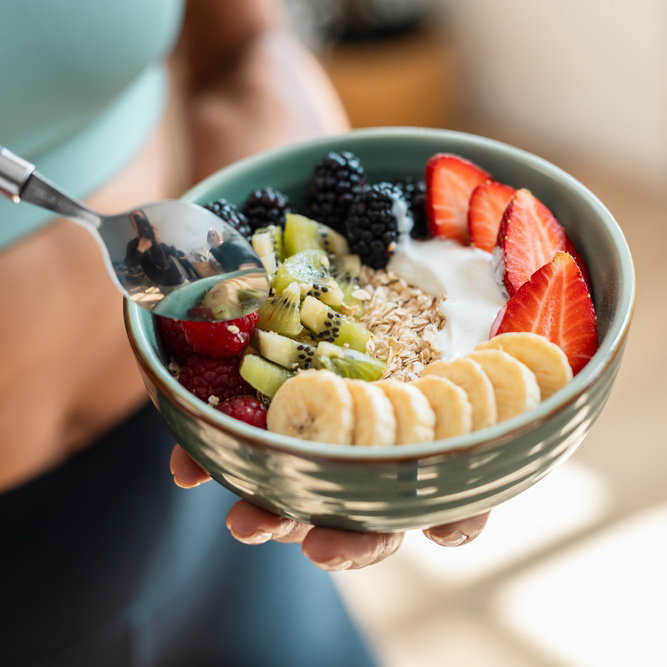We encourage players and their families to seek mainstream support, but we know that ex-players may also require a different approach.
Our virtual kitbag is full of advice and support that comes from our own experiences and from the expertise that we have brought together here at Head for Change.

We know how you feel
In 2020, our co-founder and ex Wales rugby international, Alix Popham was diagnosed with CTE and early onset dementia as a result of traumatic brain injuries throughout his rugby career.
Alix has first hand experience of living with a brain injury. He understands:
- The emotional burden of recognising that the sporting career which he loved has been the thing which has caused lasting damage
- The difficulty in reconciling his love for the game with the feeling of not having been adequately looked after during his playing career
- The likelihood that his physical health may be very good while his brain health declines
- The difficulty of being involved in so many important and happy memories for others while his own memory declines
Help and advice is available
Services for people with young-onset dementia
Sporting Memories
Every Mind Matters
If you or someone that you love is experiencing a mental health emergency call 999
If you are a player or former player who might benefit from our support, drop us a line at hello@headforchange.org.uk.
We are here for you.
Exercise and a healthy brain
There is a significant body of evidence to indicate that both moderate and high levels of exercise yield real benefits for people with brain injury.
The endorphins produced by aerobic exercise can promote wellbeing in all of us, and there is evidence that intense exercise can improve cognitive ability.
Maintaining good physical health following retirement from active sports can also be another way of helping to maintain equilibrium and keep a positive outlook.
Others agree with us:
- Exercise for people with more advanced neurodegenerative disease Dementia UK
- Activities handbook – supporting someone with dementia to stay active and involved Alzheimer’s Society

Mediterranean diet and brain health
Diet and lifestyle are important factors in maintaining good health. Alongside regular exercise, health outcomes may be improved considerably with changes to diet.
There is emerging evidence to suggest links between certain dietary habits and reduction in both the risk of developing dementia
The Mediterranean diet has been shown in several large studies to be associated with lower risk of poor cognitive function and cognitive decline.
The Mediterranean diet includes high intake of vegetables, fruit, legumes, whole grains and fish; higher intake of monounsaturated fatty acids such as olive oil compared to saturated fats; lower intake of dairy and meat; and a moderate alcohol intake. Berries are known to be high in flavonoids, which are thought to be protective for the brain, and green leafy vegetables such as spinach and kale appear to lower oxidative stress which is thought to be important in preserving brain function.
It is important to remember that this is guidance based on current evidence and understanding, and there is lots of ongoing research.
Important:
Avoid smoking
Avoid excessive alcohol consumption
Maintain normal blood pressure and cholesterol levels
Foods to eat
- Oily fish e.g. salmon, sardines, tuna (at least 1 portion per week according to MIND diet)
- Minimal animal products (mainly poultry)
- Olive oil as primary oil for cooking
- Green leafy vegetables e.g. kale, spinach, lettuce
- Other vegetables such as carrots, broccoli
- Berries e.g. strawberries, raspberries, blueberries, blackberries
- Nuts
- Legumes (e.g. kidney beans, lentils)
- Wholegrains (e.g. quinoa, brown rice, whoegrain pasta and bread)
- Wine (no more than 1 glass per day and not exceeding the maximum recommendation of 14 units per week)
Foods to limit / avoid
- Red meats
- Cheese and butter
- Sweets and pastries
- Fast and fried foods

Recipe
- 6 Roma tomatoes, diced
- 1 Large English cucumber diced 20 g chopped fresh parsley salt, to taste
- 1⁄2 tsp black pepper
- 1 tsp ground Sumac
- 2 tbsp Extra virgin olive oil
- 2 tsp freshly squeezed lemon juice
Easy Peasy!
Place the diced tomatoes, cucumbers and parsley in a large salad bowl. Add salt and set aside for 4 minutes or so. Add the remaining ingredients and give the salad a gentle toss. Allow the flavors a few minutes to meld before serving. Enjoy!